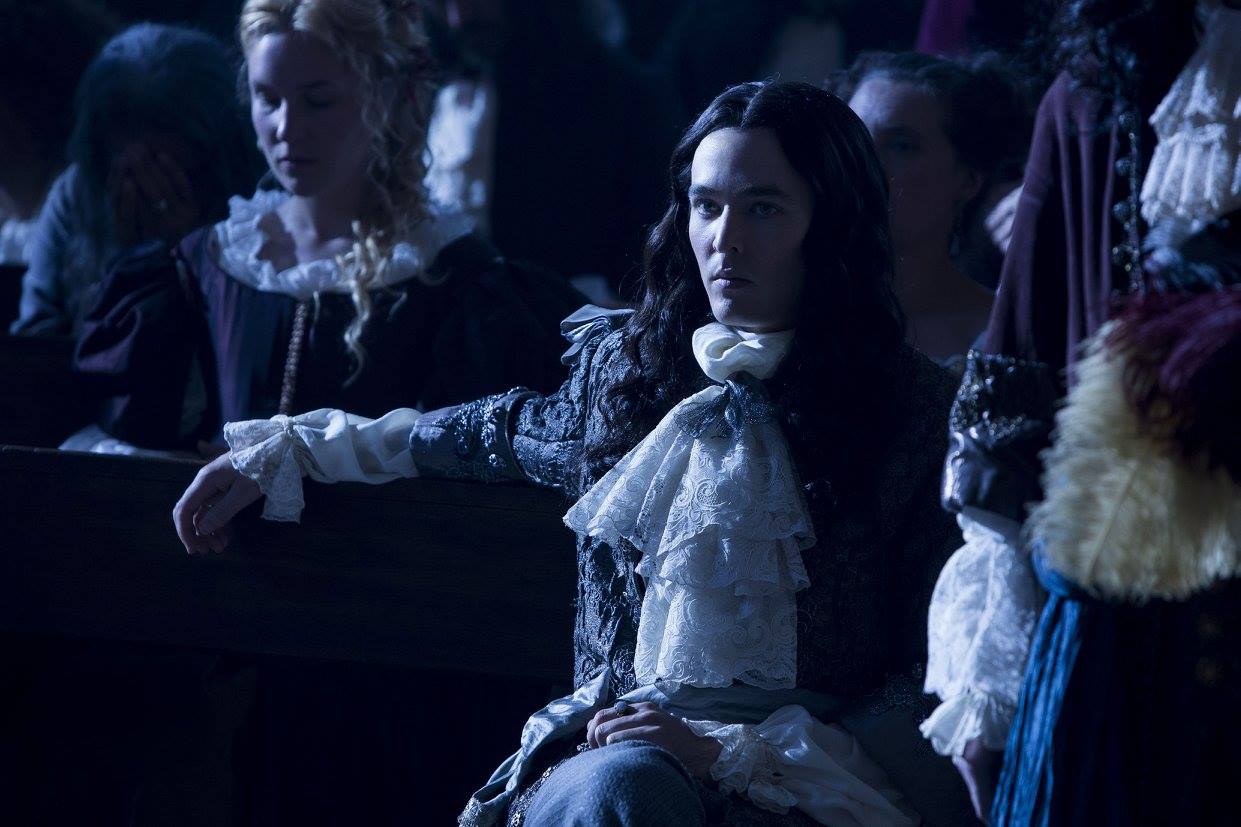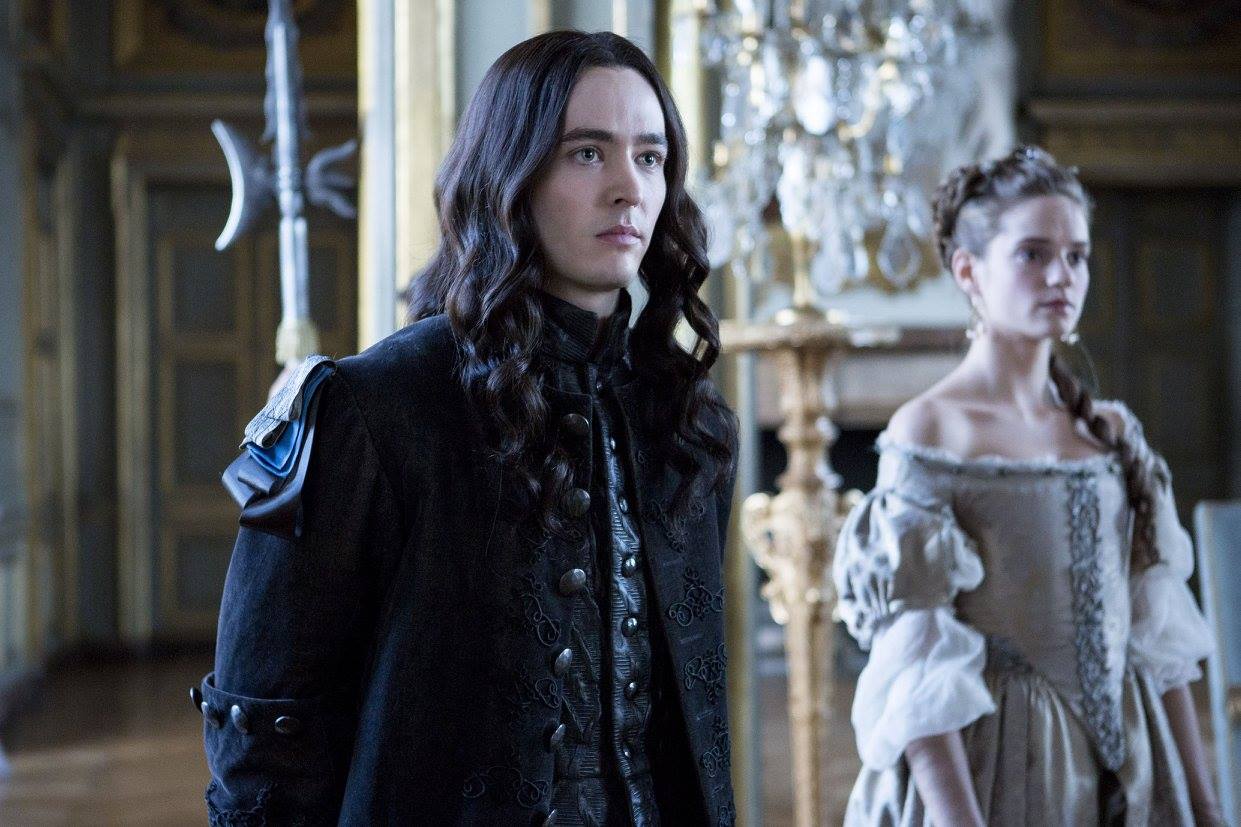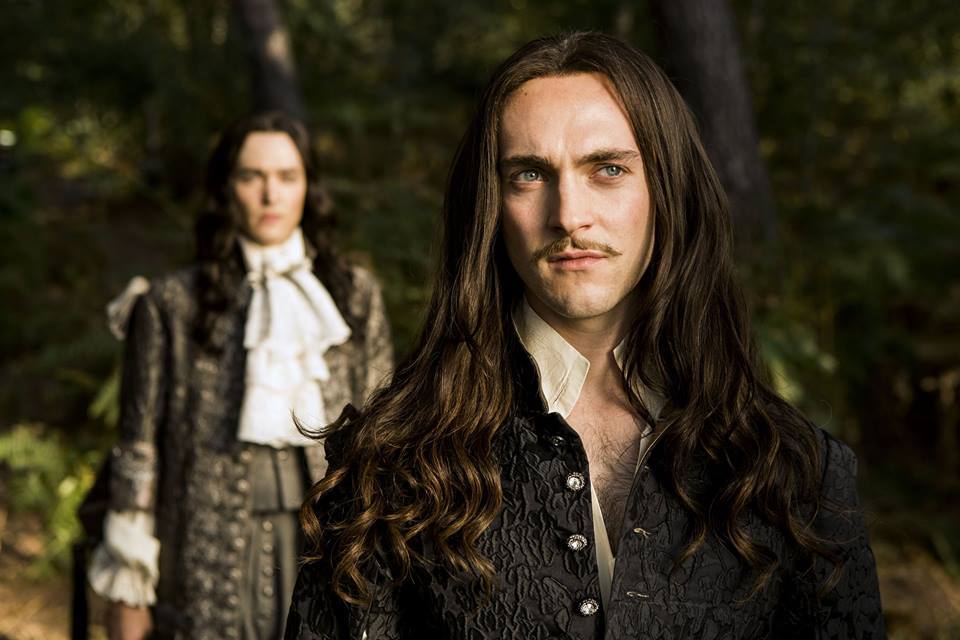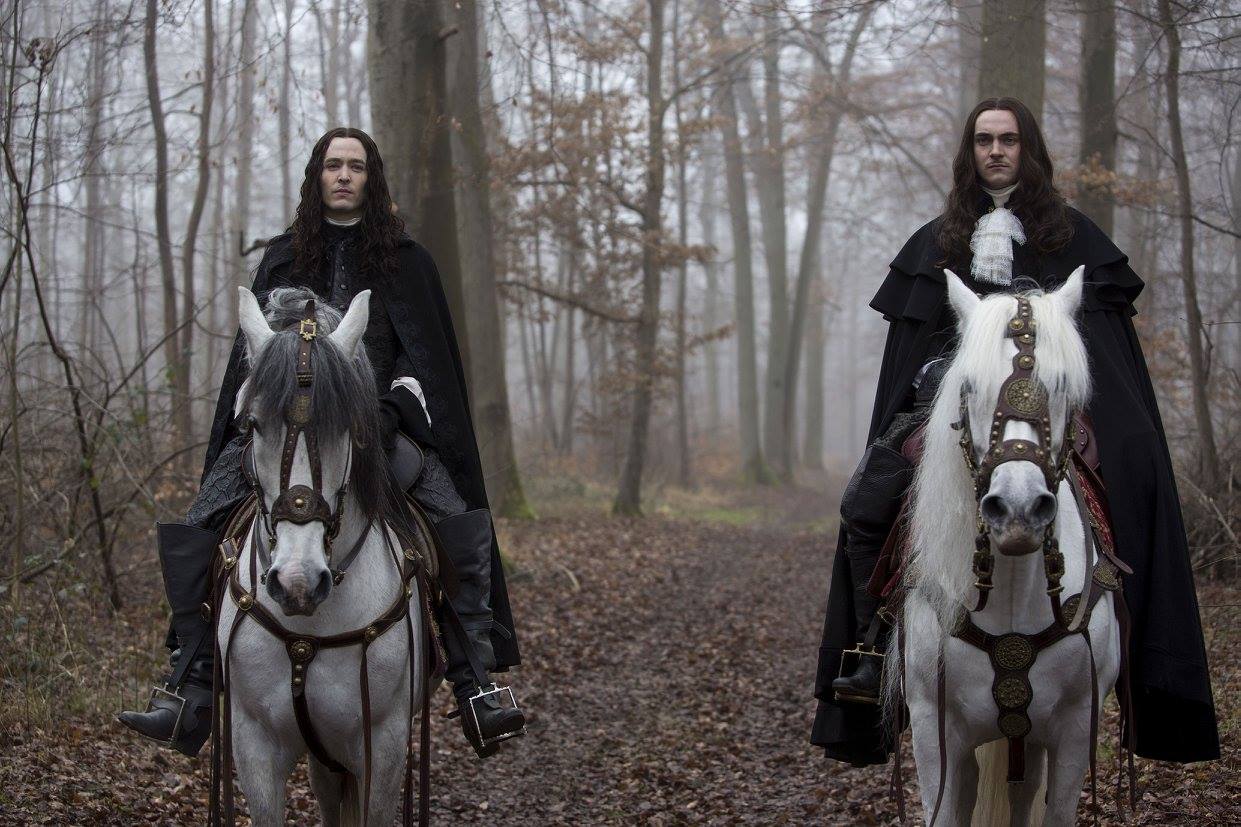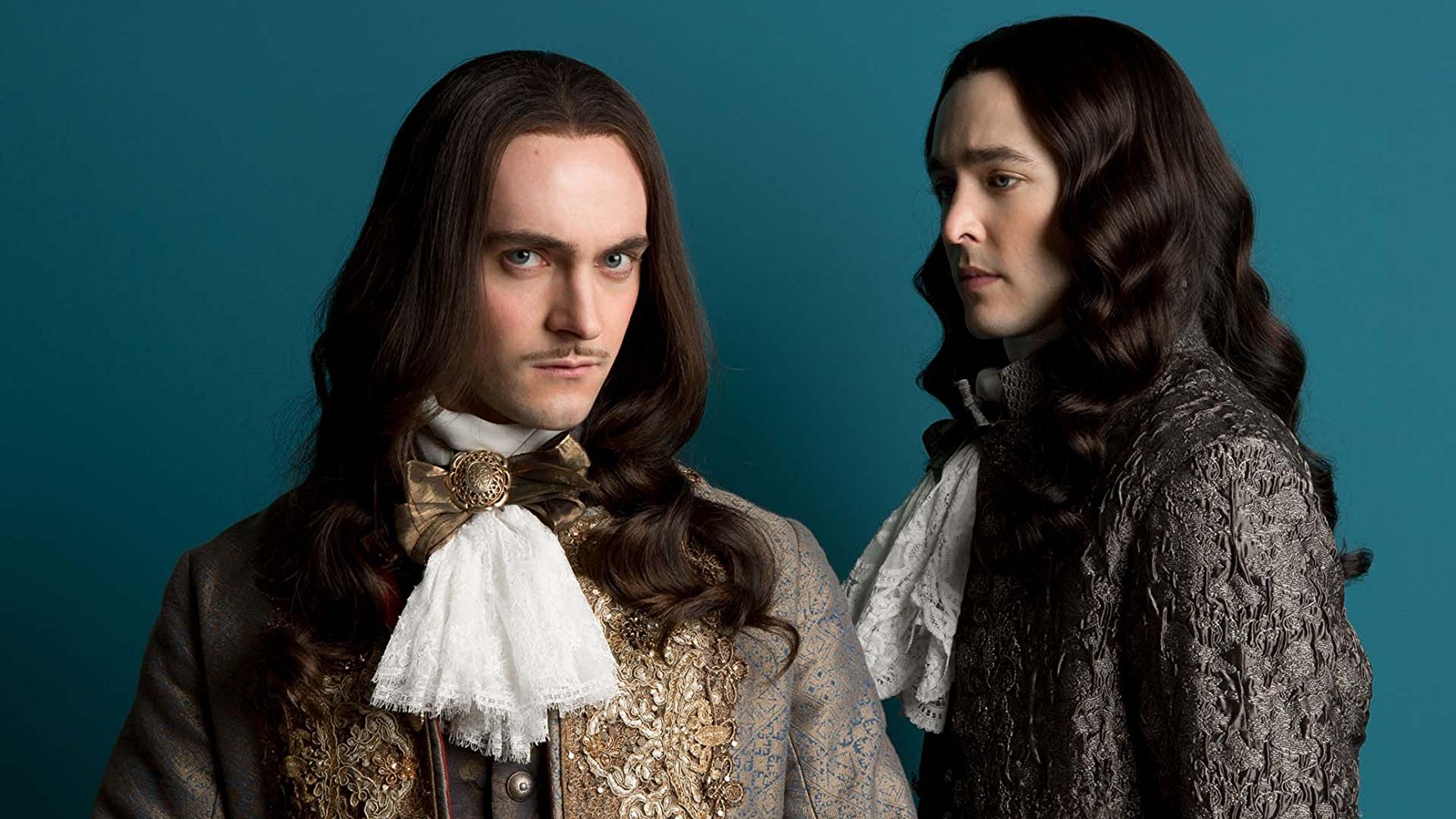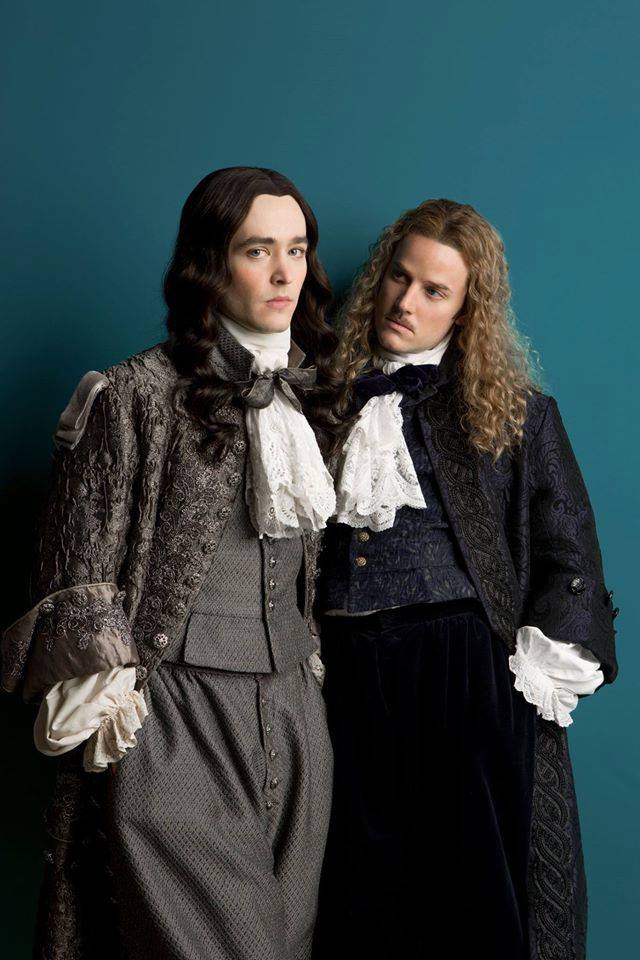Philippe, the duc d'Orleans (September 21, 1640 - June 9, 1701) was the youngest of two sons born to King Louis XIII of France and his wife Queen Anne of Austria. His older brother was King Louis XIV, the Sun King. Growing up in his brother's immense shadow, Philippe was diverted from politics and anything that could be construed as threa...
Show more »
Philippe, the duc d'Orleans (September 21, 1640 - June 9, 1701) was the youngest of two sons born to King Louis XIII of France and his wife Queen Anne of Austria. His older brother was King Louis XIV, the Sun King. Growing up in his brother's immense shadow, Philippe was diverted from politics and anything that could be construed as threatening to his brother's authority by his mother and Cardinal Mazarin. From a young age, Philippe demonstrated a propensity toward feminine pursuits, which his mother encouraged, for better or worse. As an adult, Philippe would lead a more or less openly gay lifestyle, much to the chagrin of his two wives. As for Louis, though he abhorred homosexuality, he loved and indulged his brother nonetheless.In 1661, Philippe was married to his first cousin, the Princess Henriette Anne Stuart, the youngest sibling of the newly restored King Charles II of England. Prior to the wedding, Philippe courted young Henriette with all the fervor of an ardent suitor, convincing everyone that he was truly in love with her. However, not long after the nuptials, the match disintegrated rapidly. Philippe was wildly jealous of the attention and admiration his wife received at court, and his own digressions with his male favorites did not help marital relations either. Despite this, the couple managed to conceive at least eight times, but only two of these children (both daughters) survived to adulthood. In 1670, Henriette died suddenly at the age of 26 from a perforated ulcer. Many believed Philippe had poisoned her, but there is little to no evidence of this.Just a little over a year later, Philippe was married again, this time to a German princess, Elisabeth Charlotte. It was an odd match, but they seemed to get along much better than Philippe had with Henriette, most likely due to Elisabeth's plain looks and disinterest in intrigue. However, after the couple's third child, they mutually agreed to sleep in separate beds from then on. They remained on friendly terms.For most of his life, Philippe found himself financially dependent on Louis, but later in life, thanks to some savvy business and real estate moves, he earned himself a degree of independent wealth. He still felt short shrift, however, when it came to marrying his younger children off to agreeable mates and finding productive diversions for his son, Philippe, duc de Chartres (the future Regent). Philippe felt Louis was obstructing his family from advancing politically and domestically. This was the source of a violent verbal row between the brothers on June 8, 1701. Following this argument, Philippe suffered a stroke and died later that night. He was buried at the Basilica of St Denis in northern Paris.
Show less «

